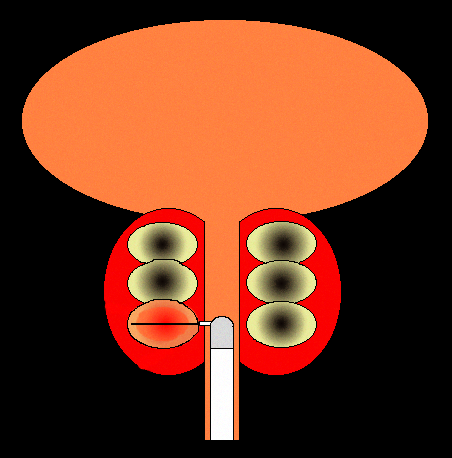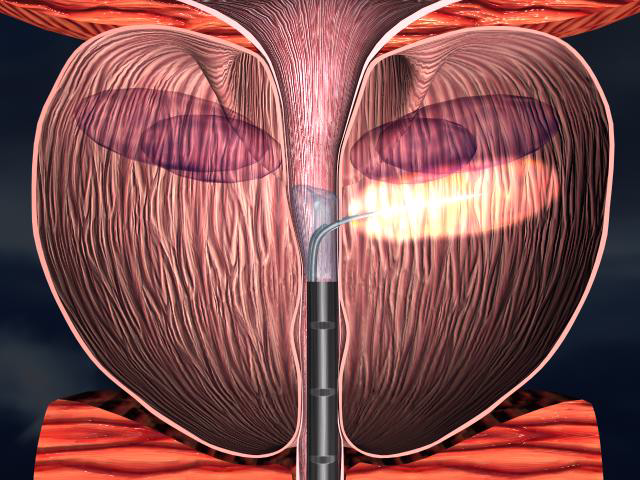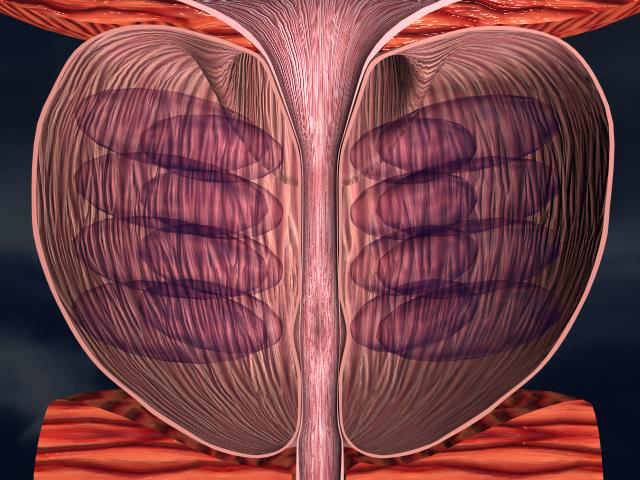
What is meant by the benign prostatic enlargement or often called BPH ( Benign Prostatic Hyperplasia ) are:
Enlargement of the prostate gland (a gland that is only present at the neck of the bladder in men) is normal at the age of 50 years or more. This enlargement causes an obstruction in the urinary tract so that the flow of urine becomes not smooth or even unable to urinate at all.
Signs and symptoms of benign prostate enlargement include:
The stream of urine is weak, and urination becomes more frequent, after urinating it is not light (it feels like there is still residue), if you urinate you have to strain, if you feel like urinating you have to rush, and sometimes even wet the bed and often wake up at night because you want to urinate.
This problem can be ascertained by the doctor by:
- Record complaints and rate the complaints
- Overall physical examination and perform a digital rectal examination
- Blood and urine laboratory tests as well as PSA (Prostate Specific Antigen) examination for early detection of prostate cancer
- Uroflowmetry is the examination of the emission of urine using a uroflowmeter tools
- Ultrasound Examination (USG): Through the abdominal wall ( transabdominal ), Through the anal orifice ( transrectal ) To accurately assess the volume and condition of the prostate and if prostate cancer is suspected, a prostate biopsy can be performed.
Treatment options that can be done in patients with benign prostate enlargement:
- With medication ( medical treatment )
- Open operation
- Transurethral prostate resection surgery ( TUR-P )
- TUNA ( TransUrethral Needle Ablation )
TUNA therapy is a non-surgical treatment that has been recognized by the AUA ( American Urological Association ). Treatment in this way is more effective, faster, and safer and has fewer side effects than surgery, namely: bedwetting, impotence, and retrograde ejaculation (semen that does not gush out but gushes into the bladder). While compared with currently available prostate drugs, this TUNA treatment is more effective and relatively inexpensive. Through the urethra on the male genitalia, the TUNA equipment will emit radio waves directly to the prostate. This energy and radio waves will destroy the enlarged prostate so that the urethra opens again so that the stream of urine will return to normal.



This treatment, which only lasts about 30 minutes, can be done at a special polyclinic or hospital and only uses local anesthesia, namely in the form of jelly that is inserted into the urethra.
The article was written by dr. Johan R. Wibowo, Sp.U (Urological Surgery Specialist at EMC Pulomas Hospital).
